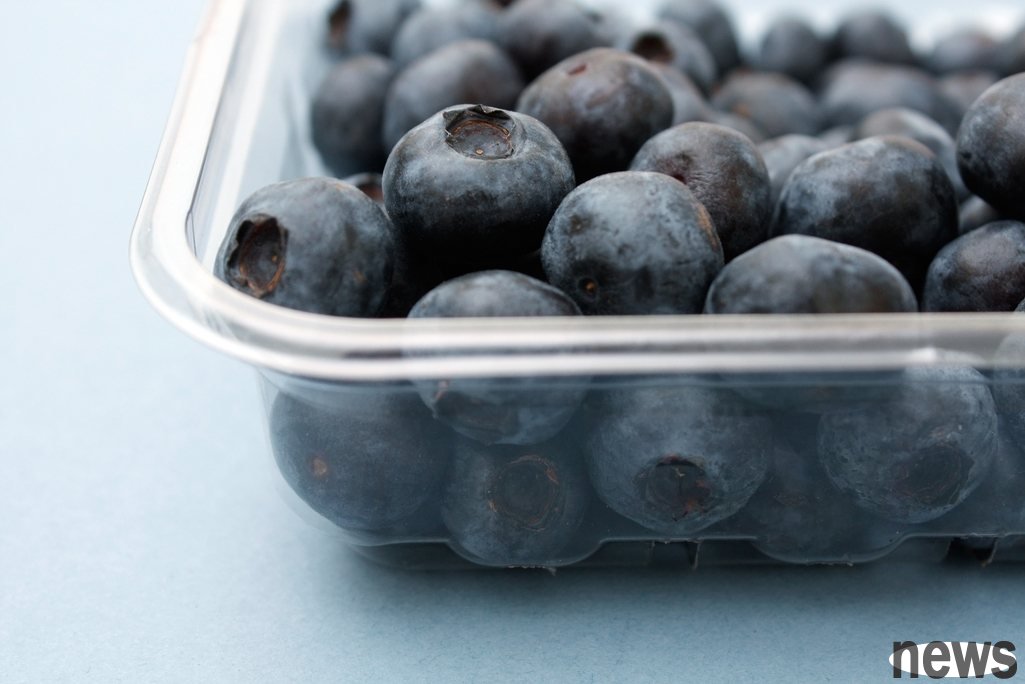
Blueberries are a good source of antioxidants, vitamins and minerals. Compared with other fruits, they have higher fiber content and lower sugar content, making them a healthy choice for diet. Verywell Health reports on the edible time machine for blueberries, recommends matching food and nutritional value, and compares the difference between cold blueberries, fresh blueberries and boiled blueberries.
Blueberries are suitable for eating as a regular meal or a snack at any time of the day. The key is how much to eat and whether they are eaten regularly. A Harvard University study shows that eating three and a half cup of blueberries and strawberries, or three and a half cups of blueberries or strawberries can provide the greatest heart health benefits. Blueberries also help maintain weight and protect your brain health. Eating more blueberries at any time of day can reduce the risk of heart disease or type 2 diabetes.
Blueberries can be eaten alone, but eating them with specific foods can maximize nutrient absorption. For example, healthy fats, because blueberries are rich in fat-soluble vitamin K. Eating it with a mixture of blueberries and healthy dietary fats helps the body absorb these vitamins and some antioxidants; adding protein to the meal can also absorb some antioxidants in the blueberries better. Whole fat quality, thatched cheese and fruit are all foods that have both protein and fat, and are often eaten with blueberries.
A large study compared 16 fruits and found that people who ate more blueberries increased their weight less, and the other one had the same results for the experiments of twins, while those who ate more blueberries had lower body fat. Among the high-calcium sterol recipients, the inflammation indicators and low-density lipoprotein (deficient sterol) concentrations in those who took more blueberries were reduced. Taking more blueberries can also reduce the risk of type 2 diabetes. Eating multiple servings of blueberries every week can help reduce weight gain and aging, thus reducing the risk of diabetes.
Antioxidants in blueberries can fight free radicals that harm the body's cells. The human body will naturally produce free radicals and produce oxidative pressure, which is harmful to DNA and will also increase the degree of inflammation over time. Antioxidants in foods such as blueberries can neutralize free radicals. Studies have shown that eating foods rich in anthocyanins, including blueberries, has a lower chance of suffering from Parkinson's disease. Another large study found that people who eat blueberries and strawberries have a lower chance of decline, and eating these two berries is also considered to have a lower risk of hypertension and heart disease.
A cup of 150 grams of blueberries contains 96 calories, 3.6 grams of vitiligo, 18 mg of calcium, 21.9 grams of carbohydrates, 0.51 mg of iron, 9 mg of ozone, 19.5 mg of phosphorus, 129 mg of drill, 14 grams of sugar, 12.2 mg of vitamin C, and 29 micrograms of vitamin K.
The nutritional value of raw blueberries and ripe cold-fried blueberries is the same, while the cooked blueberries may have less nutrition. Refrigerated blueberries are very convenient, especially when you need to add shakes or drinks, but the cold will change the texture and make the blueberries softer, but the antioxidant concentration contained in blueberries that are up to 6 months after cooling is the same as fresh blueberries. Breaking blueberries does not affect antioxidants or fiber concentrations, so smoothies made with cold or fresh blueberries should have the same nutritional value. However, the blueberry juice with the pulp is less fiber.
You can also buy nutrients containing blueberry antioxidants, but for most people, eating blueberry directly is still the best way to gain health benefits. Heating will reduce the nutrients of blueberries, including blueberries baked into breakfast foods or desserts, or made into fruit sauces and honey.